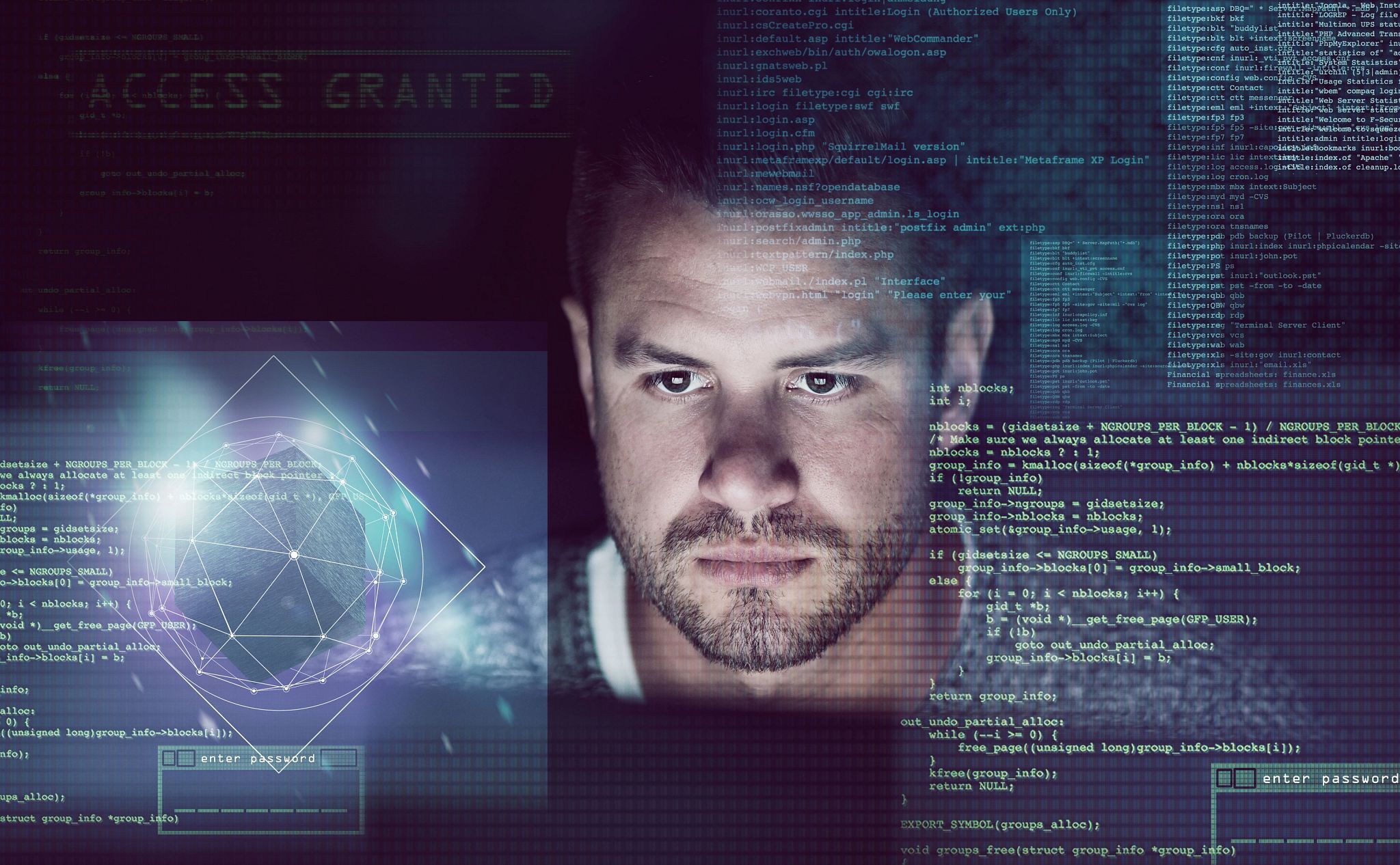
Election Cyber Security: Securing Elections Against Cyber Threats
Improve your cyber defenses against election security threats with an ongoing and holistic program with world-class information, protection and threat response.

Framing the Threat
Elections provide the prime opportunity for nation states, cyber criminals and bad actors to launch attacks that create chaos and harm federal, state and local government. Read the Election Security: Cyber Threat Activity Targeting Elections eBook to learn more.
Cyber espionage against key participants
Attacks on critical election infrastructure
Influence activity to alter
public opinion
How Mandiant is Addressing the Challenge
Every election cycle provides an opportunity for governments of all sizes to improve their ability to prepare for cyber threats. An ongoing and holistic election security program helps organizations be better informed, protected and able to respond to the latest cyber threats.
Mandiant offers a unique combination of expertise across threat intelligence, services and solutions to empower customers to continually evolve to defend themselves against election threats.
For steps to start securing your election infrastructure, download the Election Security Checklist today.
ELECTION CYBER THREATS
Data integrity and destruction
Ransomware
Insider threats
Information
Operations (IO)

Mandiant Election Security Services
Mandiant Advantage Threat Intelligence helps identify Information Operations (IO) activity when there are attempts to influence or interfere with elections and can include cyber espionage, crime that affects infrastructure, information operations, and attacks on critical infrastructure. It also offers access to 24X7 monitoring for threats, vulnerabilities and operational risk.
Digital Risk Protection from Mandiant gives organizations visibility into their global attack surface and dark web activity, enabling them to neutralize threat actor campaigns before they impact the business. Mandiant can now provide a broad digital risk protection solution either via stand-alone self-managed SaaS products or via a comprehensive service.

How to prepare, harden and test before an election event
Organizations should test controls and operations before an election event. To help them get prepared, Mandiant offers Incident Response Services and Retainers and compromise assessment services.
Mandiant Advantage Attack Surface Management generates a comprehensive view of an entire organization’s attack surface to fully map the entire environment and have visibility to all potential threats.

How to maintain election security during the event
Organizations need to continuously validate and defend all their security controls during an election event. In addition to using tools put in place before the event, organizations can conduct red team and purple team exercises, test defenses with Mandiant Advantage Security Validation and hunt and monitor activity with Mandiant Advantage Managed Defense.

How to respond, contain and remediate a security threat
Having the ability to quickly respond to an incident is an important way to help ensure election continuity. Mandiant Incident Response Retainer with onsite surge capabilities enable an organization to call upon Mandiant experts to contain the alert and provide recovery, restoration and follow up actions to help maintain election security.
Securing the Vote
Free, fair, and open elections are foundational to democracy. Ensuring voting data integrity underpins public trust in election results. However, the rise of geopolitical, criminal and insider cyberattacks, in addition to information operations campaigns, threaten to weaken public trust in elections. With confidence in election integrity at stake, validating and delivering secure and resilient cyber security capabilities ahead of the 2024 Presidential elections are major challenges requiring focus and investment to properly plan and implement. Establishing modern election security tenets, practices, and capabilities that account for cyber and information-based threats is crucial to maintaining trust in the democratic electoral system.
In the modern age, where nearly all aspects of this infrastructure are digitized, protecting election infrastructure from cyber threats requires a strategic and whole-of-community approach, involving support from both the public and private sectors.
